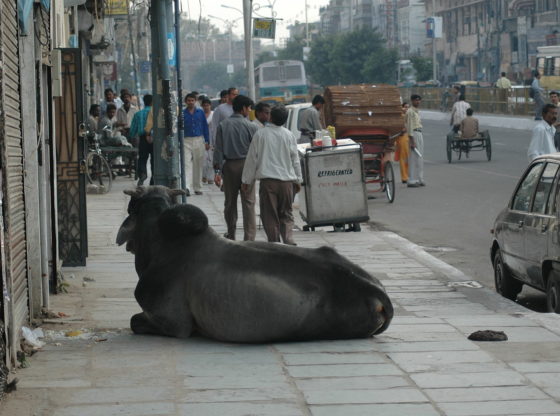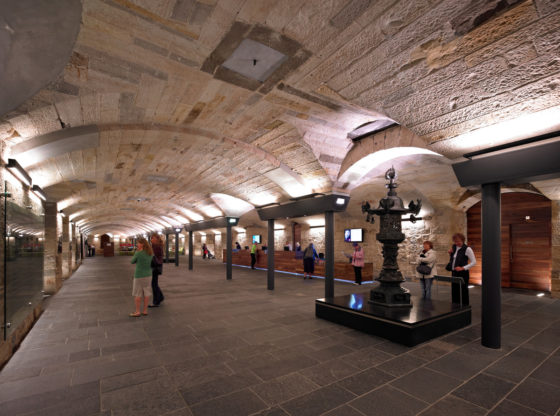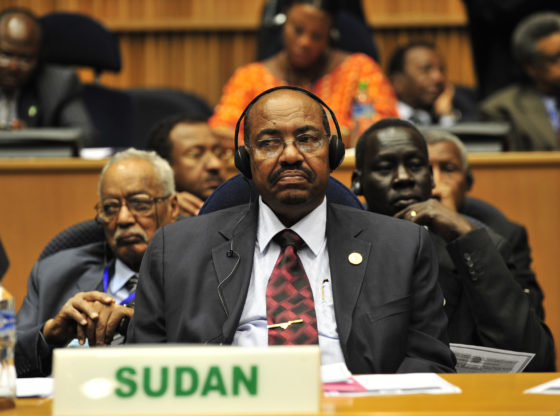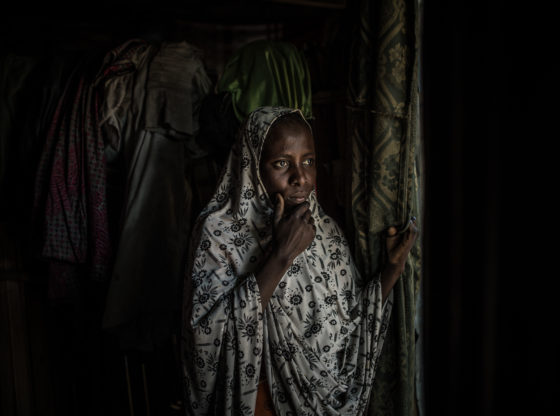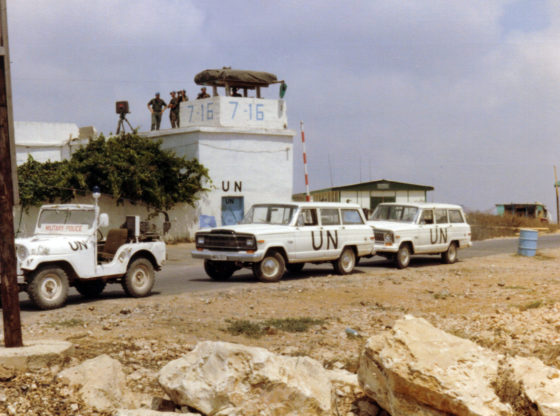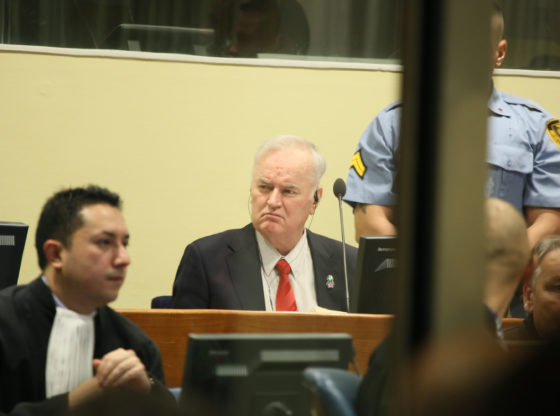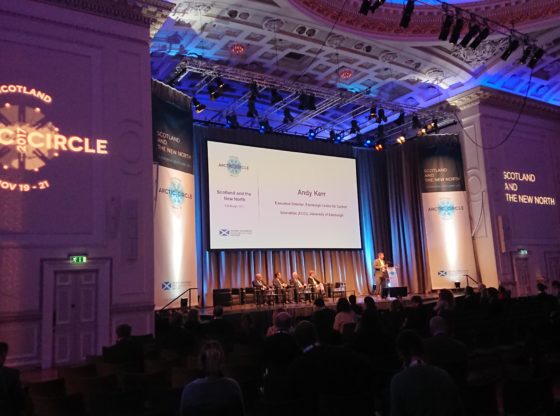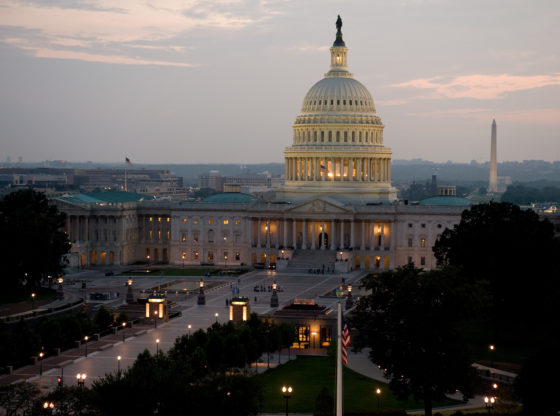In this essay, Max Graham considers the tangled political landscape ahead of this month’s election in Catalonia, and the complexities which may arise from the vote.
Spanish Prime Minister Mariano Rajoy has earned a reputation as a politician who will “esperar a que se escarpe” - wait for the weather to clear up. Biding his time, reluctant to make any bold or sudden moves, allowing his opponents to act first. Hailing from Galicia, the Spanish region which most resembles Scotland in its precipitative climate, he should know that this approach cannot always succeed. But so far, it has enabled him to become leader of his party - Partido Popular or PP - after many years in senior positions, and saw him returned to office in 2016.
For this reason, his decision to hold elections in Catalonia as early as constitutionally possible, on the 21st December, surprised almost everyone. This decision followed the application of Article 155 of the Spanish Constitution, which suspends regional autonomy, for the first time in Spain’s democratic history. In taking his decision on elections, Prime Minister Rajoy calculated that the longer direct rule was imposed on Catalonia by his government in Madrid, the higher the political cost would be for his party, and indeed for Spain given the nourishment that this would give to the Catalan independence movement.
With an election looming at this tense time, there is much at stake for all political actors over the next month, both in Catalonia and at the national level.
PARTIDO POPULAR
Prime Minister Rajoy’s hardline approach to the Catalan crisis does not seem to have earned his party much political capital. That said, the sheer severity of Spain’s constitutional crisis has served as a distraction from the party’s wide-ranging corruption scandals, which have been unprecedented in their enormity and reach. But while corruption has been displaced as Spaniards’ number two concern by Catalonia, Spain’s high unemployment rate remains at the top of the list.
Since Rajoy has been slow, and largely ineffective, in dealing with two of those concerns, he is pinning his hopes on successfully overcoming the challenge posed by Catalan separatism. The PP enjoys little support itself in Catalonia and, for now, Rajoy is gambling on the pro-independence parties losing their majority in the parliament after December’s election. But this outcome is not certain, and it is unclear what his next move would be should they retain this majority - he has stated that he has no ‘plan B’ for this eventuality.
However, it is likely he would want to “wait and see” exactly what the separatist majority planned to do should they form a government. He has ruled out the possibility of calling an early Spanish general election in this scenario, emphasising that his intention is to see this legislature through to its mandated term of 2020. The desire for an early general election is more keenly felt on the left of the political spectrum.
THE PSOE
The PSOE (Socialist Party) has made gains recently at the expense of the radical left-wing party Podemos by defending Spain’s constitutional order, by supporting the application of Article 155, and by firmly opposing the agenda of the Catalan separatist parties.
In seeking to push forward its own agenda, the PSOE has proposed a commission in the Spanish Congress of Deputies to examine the possibility of reforming devolution in Spain’s autonomous communities and their financing, a proposal which the governing PP has - so far - given lukewarm support.
The PSOE is pushing for constitutional reform in this area, but the PP has made clear that any change would require “the widest possible consensus” (a two-thirds majority in the Spanish parliament is required for constitutional amendments, a number which the PSOE and PP currently fall short of).
In some ways, the PSOE’s current stance towards Catalonia is striking. It was the party that helped win autonomy for Catalonia in 1978, and negotiated a new statute when it was last in government (which was ultimately rejected by the Constitutional Court). Looking forward, the Socialist leader Pedro Sánchez will be hoping he can forge a new constitutional order, as expressed in his pre-election manifesto, which will meet the aspirations of a large majority of Catalans while allaying the concerns of Spaniards opposed to Catalan separatism. This aspiration will be bolstered if the Catalan Socialists become the largest anti-independence party following the December Catalan election.
The Catalan Socialist Party (PSC) has ruled out any deal with Catalan nationalist parties in order to burnish their anti-separatist credentials. What this does, however, is make impossible a similar coalition to the one it formed with the progressive nationalist party ERC between 2003-2010. While such pledges by political parties are often quietly discarded once the votes are cast and counted, the PSOE will not risk flirting with the nationalists, knowing the Ciudadanos party is poised to benefit from any such constitutional backsliding by Sánchez’s Socialists.
CIUDADANOS
Ciudadanos (Citizens) is a centrist, liberal party which was formed in 2006 in Catalonia. Its raison d’etre is to combat Catalan nationalism. Ciudadanos only emerged onto the national stage in 2015, winning 40 of 350 seats in the Spanish Congress of Deputies in the general election of December that year. Its current support in national polls is 10 percentage points higher than at the last election, putting it on an equal footing with the PSOE, though it still lags behind the PP.
Ciudadanos has been able to capitalise on its strong opposition to Catalan independence, siphoning the support of more moderate voters from the PP to its right, and the PSOE to its left. In Catalonia, too, the party seeks to retain its position as the foremost anti-independence party and is attempting to win over PSOE voters with the spectre of a “tripartite” arrangement between the Socialists, the ERC and the left-wing CeC. Ciudadanos is striving to emerge as the largest anti-independence party after the Catalan election, with its success hinging upon a record turnout. While the confidence-and-supply deal which Ciudadanos struck with the governing PP in 2016 limits its electoral appeal in Catalonia, its leader Albert Rivera has calculated that the potential benefits of his party’s deal with Rajoy’s PP outweigh the costs. Rivera no doubt hopes that when the PP’s tenure in national government expires, voters will turn to his party as a moderate alternative, especially if the PSOE and Podemos continue their struggle for the soul of the left.
PODEMOS/CeC
In national polls, Podemos and its Catalan affiliate CeC have haemorrhaged support to the PSOE/PSC since the crisis began due to their perceived ambiguous stance on Catalan independence. Supporting “el derecho a decidir” - self-determination - Podemos advocates holding a legal referendum but is itself opposed to Catalan independence. To impartial observers, this looks to be a principled – and democratic – stance but one which looks likely to cost them many votes at a time when positions are increasingly hardening on either side of the constitutional question. It is somewhat dispiriting to recognise the current plight of Podemos: it is the only party offering a plausible solution to the current impasse, yet because of this, it is seeing its support fall.
That said, recent vote estimations show that neither the pro- nor anti-independence bloc could win a majority of seats in the Catalan parliament, meaning CeC could hold the balance of power after the election. This would leave the party with three possible options: supporting the separatists; siding with the anti-independence parties; or trying to form a coalition of the left.
Given that the PSOE has ruled out any deal with the pro-independence parties, this third option seems unlikely. Election trenches have been dug along constitutional lines and Podremos/CeC could find itself in the crossfire.
LOS INDEPENDENTISTAS
Naturally, an election fought along constitutional lines is precisely what Catalonia’s three pro-independence parties are looking for. Whilst they are ranged across the political spectrum, they are all committed to full sovereignty for Catalonia. However, there has been a rupture since the last election.
The ERC (Republican Left of Catalonia) has ruled out standing as a unified force with PdeCat (Progress and Democracy for Catalonia) as it did in 2015, and is almost certain to emerge as the largest party. PdeCat is running as Junts Per Catalunya (Together for Catalonia), hoping to emulate the success of the previous electoral alliance, Junts Pel Si, in which Puigdemont played an important role.
It is intriguing to look ahead. Should the pro-independence parties win a majority of seats again in December, they will be under enormous pressure from their supporters to push towards independence. However, separatist leaders know this path is currently a dead end, a sentiment expressed by the former nationalist president Artur Mas in October, who admitted that Catalonia was not yet ready for ‘real’ independence. Fervent nationalists argue that this is not the case at all, and that it is Madrid which is not ready to contemplate letting Catalonia go. However, increasingly the rhetoric from the separatist parties ahead of the election is centred on dialogue and backing down from the unilateral approach for fear of scaring off “soft” supporters of independence.
The recent flight to Belgium of Carles Puigdemont, Catalonia’s deposed president, exemplifies the uncertainty which faces the future of the Calatan pro-independence movement, and its leadership.
Puigdemont’s self-imposed exile, while other pro-independence civil and political leaders languish in prison or on bail, may well allow the Catalan independence movement to have both its martyrs and its resistance hero. But despite Puigdemont’s best efforts to internationalise the Catalan crisis - including a relentless PR campaign conducted in English - international support for the separatist cause remains moribund. And Puigdemont cannot even conduct his political fight whilst in his own country.
With regard to the legal ramifications of the recent unilateral declaration of independence for Catalonia’s political leaders, there is no barrier to them standing for re-election - although doubts remain whether Puigdemont could reclaim the presidency. In fact, Belgian judges are due to rule on whether he can be extradited to Spain on the 14th December, just one week before Catalans go to the polls.
At the time of writing, Junts per Catalunya is rising in the polls, most likely precisely because Puigdemont is leading the party into the election and is the candidate most independence supporters would like to see as president. JpC is currently contending with the Socialists and Ciudadanos for second place but the campaign proper has not yet begun. Puigdemont’s party will need to do well to have a strong claim to the presidency – an outcome which would present a major dilemma for Madrid. A president who has been deposed and is facing criminal charges being restored to his post by the electorate would be a quandary that Rajoy would be relying on the judiciary to resolve, as he has with other Catalan leaders. As with many recent events, this would be uncharted territory in Spanish politics.
Ultimately, Rajoy’s ‘wait and see’ approach has left him with no options. He must rely on Catalans turning out to vote in huge numbers - which many polls suggest they will - and on the much-vaunted ‘silent majority’ materialising. Regardless, approximately half of Catalans will still want independence on the 22nd December and Mariano Rajoy has nothing to say to them. Equally, the pro-independence parties have until now proven incapable of governing on behalf of all Catalans. This election is merely a sticking plaster. Rajoy has said he will not countenance root-and-branch constitutional reform - but such a drastic operation may be the only course of action that will prevent Spain’s condition becoming terminal.
Max Graham is a graduate of the University of St Andrews and has just completed a year of postgraduate study at Emory University in Atlanta. He has previously interned with the European Union and the Carter Center and works for the charity Mary’s Meals. He can be found on Twitter at @maxjgraham
Feature image: A ballot box used in the 2017 Catalan independence referendum. Image: Màrius Montón [CC BY-SA 4.0]

